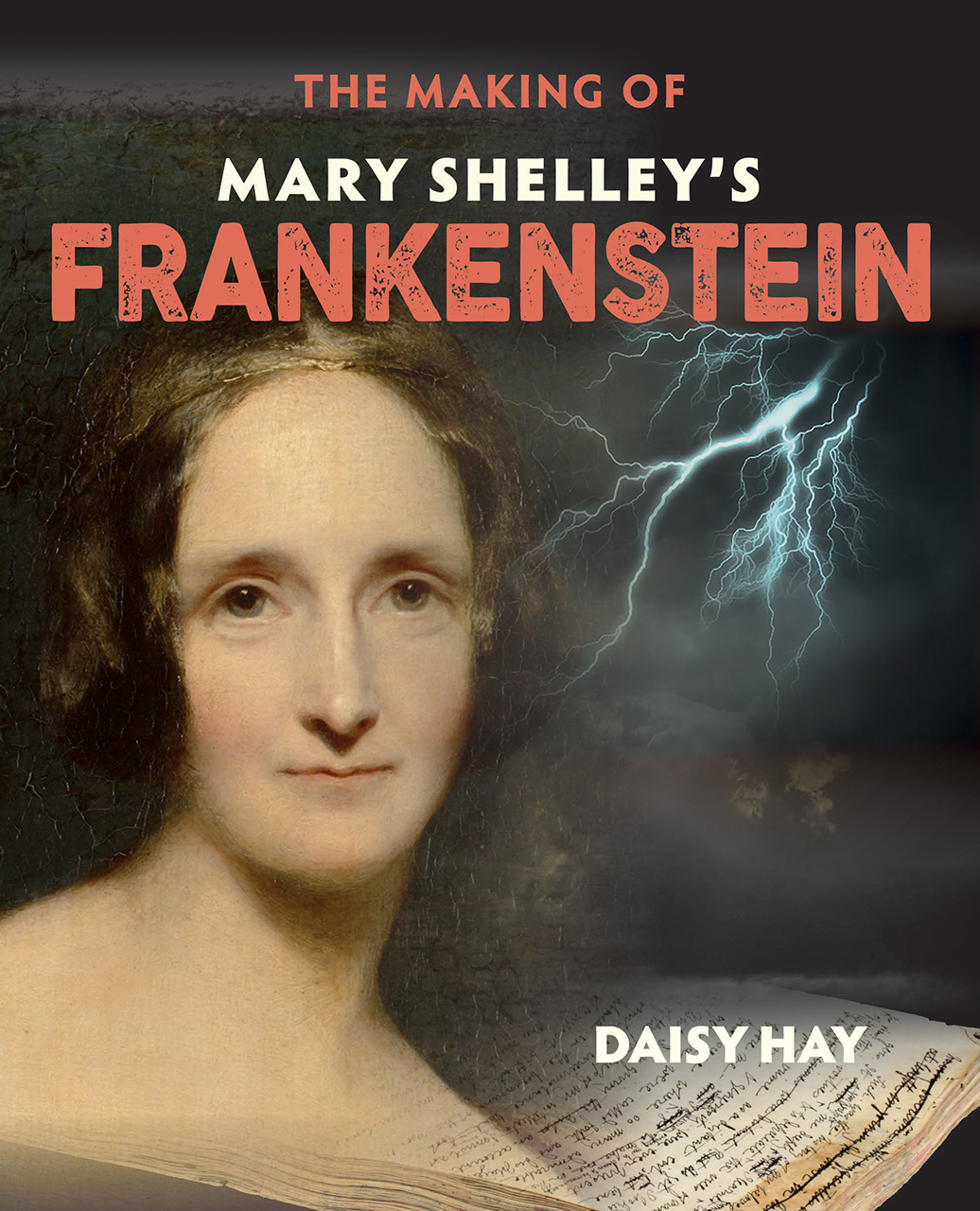Nestor M. Davison, Fordham University School of Law, is publishing Law & Neighborhood Names in Vanderbilt Law Review. Here is the abstract.
This Article provides a novel investigation of how law both enables and constrains the ability of city residents to claim, name, and often rename their neighborhoods. A rich interdisciplinary dialogue in areas such as geography and sociology has emerged on the significance of place names, but this literature has largely ignored the legal dimensions of the phenomenon, with its implications for urban governance, belonging, and community conflict. This Article’s empirical exploration of the role of law in change and conflict regarding neighborhood identity thus advances the discourse both for legal scholars focused on urban dynamics and across disciplines. From gentrification fights sparked by efforts to rename the southern part of Harlem as “SoHa,” to a successful community movement to change the name of the area once known as South Central to “South Los Angeles,” neighborhood identity has long sparked controversy and is increasingly leading to proposals for legal change. These conflicts raise fundamental questions about urban governance and people’s sense of ownership over their communities: How do neighborhoods actually get their formal names and why is neighborhood identity so hotly contested? And how does law mediate what we use to identify local communities? Understanding the texture and significance of neighborhood naming conflicts, moreover, carries implications in two distinct areas of legal theory. First, in terms of property, neighborhood identity provides insights into collective cultural ownership in the absence of formal rights, reflecting the central tension in property theory between economic value and personhood. Likewise, conflicts over neighborhood naming shed new light on our understanding of local government law, foregrounding often-overlooked dynamics of formality and informality and the micro-scale interplay of public and private forces in urban governance. These related theoretical frames, finally, supply insights into the normative stakes in conflicts over neighborhood naming, where the advantages of formalization must be balanced against dynamics of exclusion and vulnerability, suggesting notes of caution for any attempt to reform the legal foundations of neighborhood identity.Download the article from SSRN at the link.




